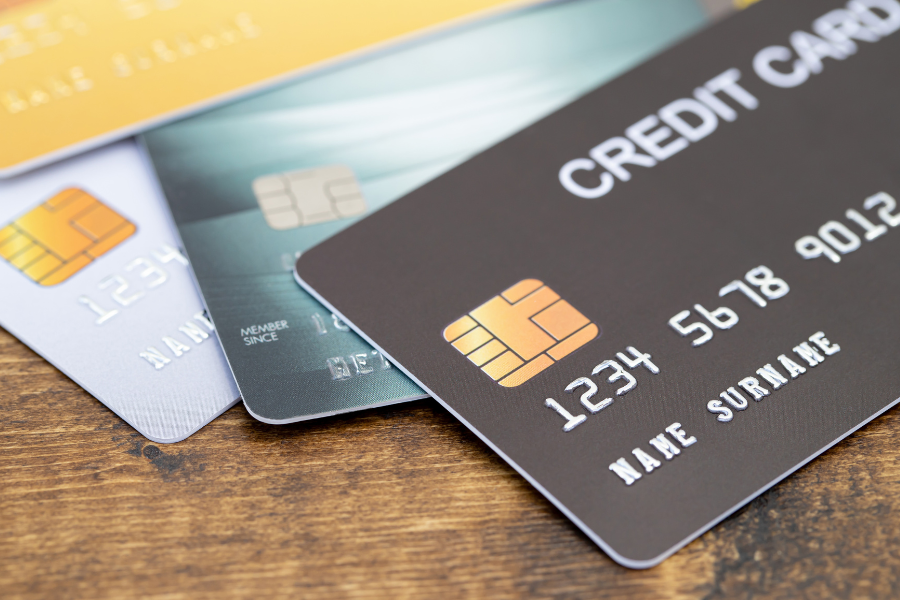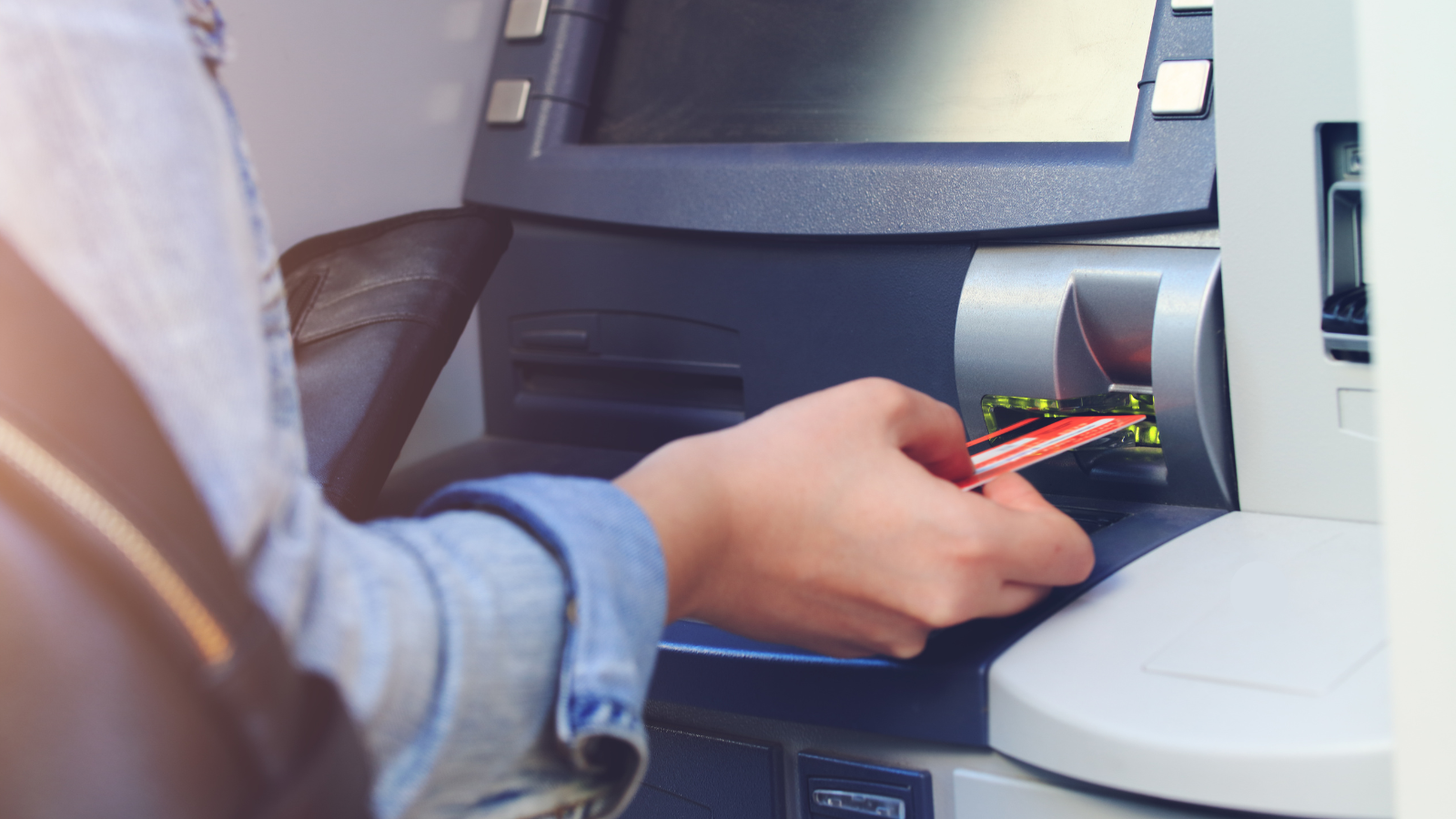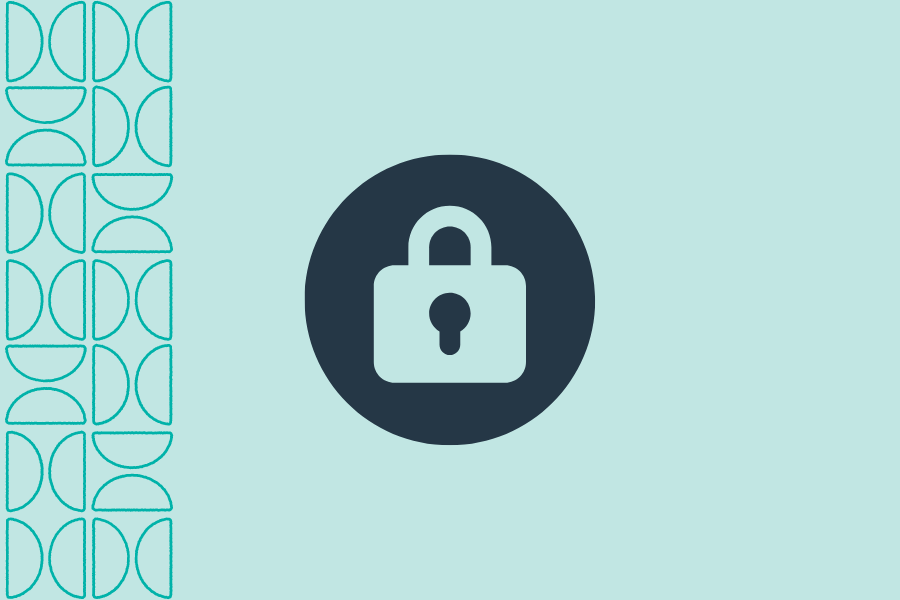Resources
Resources
Have You Been a Victim of Credit Card Fraud? Here's How to Stay Safe

With four out of five Americans owning at least one credit card, credit and debit card transactions have become more common than cash. However, this convenience also makes them prime targets for credit card fraud. In fact, 52 million Americans experienced credit card fraud in 2023, with a staggering 60% of U.S. cardholders falling victim at least once.
Many consumers believe their accounts are secure as long as their physical cards are safe. However, most unauthorized transactions occur without the card ever being lost or stolen.
How Do Criminals Commit Credit Card Fraud Without Your Card?
Criminals are increasingly sophisticated, employing various methods to commit credit card fraud without physically possessing the card. Common tactics include:
- Phishing Scams: Tricking cardholders into sharing personal information through fake texts or emails.
- Skimming: Copying card information from compromised point-of-sale terminals.
- Signal Interception: Intercepting data from contactless payments.
- Malware and Public Wi-Fi: Hacking personal information via malware or unsecured public Wi-Fi connections.
- Data Breaches: Exploiting leaked data from retailers and service providers.
How to Protect Yourself from Credit Card Fraud
While fraudsters are becoming more creative, there are steps you can take to safeguard your information and credit cards. Here are essential tips to help keep your card safe:
- Separate Your Cards: Use different cards for automatic payments and everyday purchases.
- Unique Passwords: Create unique passwords for every online account and card.
- Avoid Storing Card Info: Don’t store your credit card details in browsers or on websites.
- Public Wi-Fi and Free VPNs: Avoid using public Wi-Fi or free VPNs for any sensitive transactions.
- Be Aware of Skimmers: Watch out for card skimming devices on ATMs and gas pumps.
- Review Statements Regularly: Always review your credit card statements for unauthorized charges.
- Multi-Factor Authentication: Enable multi-factor authentication for online purchases.
- Set Up Alerts: Sign up for email or text alerts for card transactions.
- Report Suspicious Activity: Immediately report any suspicious activity or unauthorized charges to your credit card provider.
At Central Pacific Bank, protecting your financial well-being is our top priority. Stay informed, stay vigilant, and remember – we’re here to help. For more resources on keeping your accounts safe, visit cpb.bank/fraud.
Offering expert insights on a variety of topics such as home affordability, small business growth, international economic trends, and digital banking.




 Share
Share



